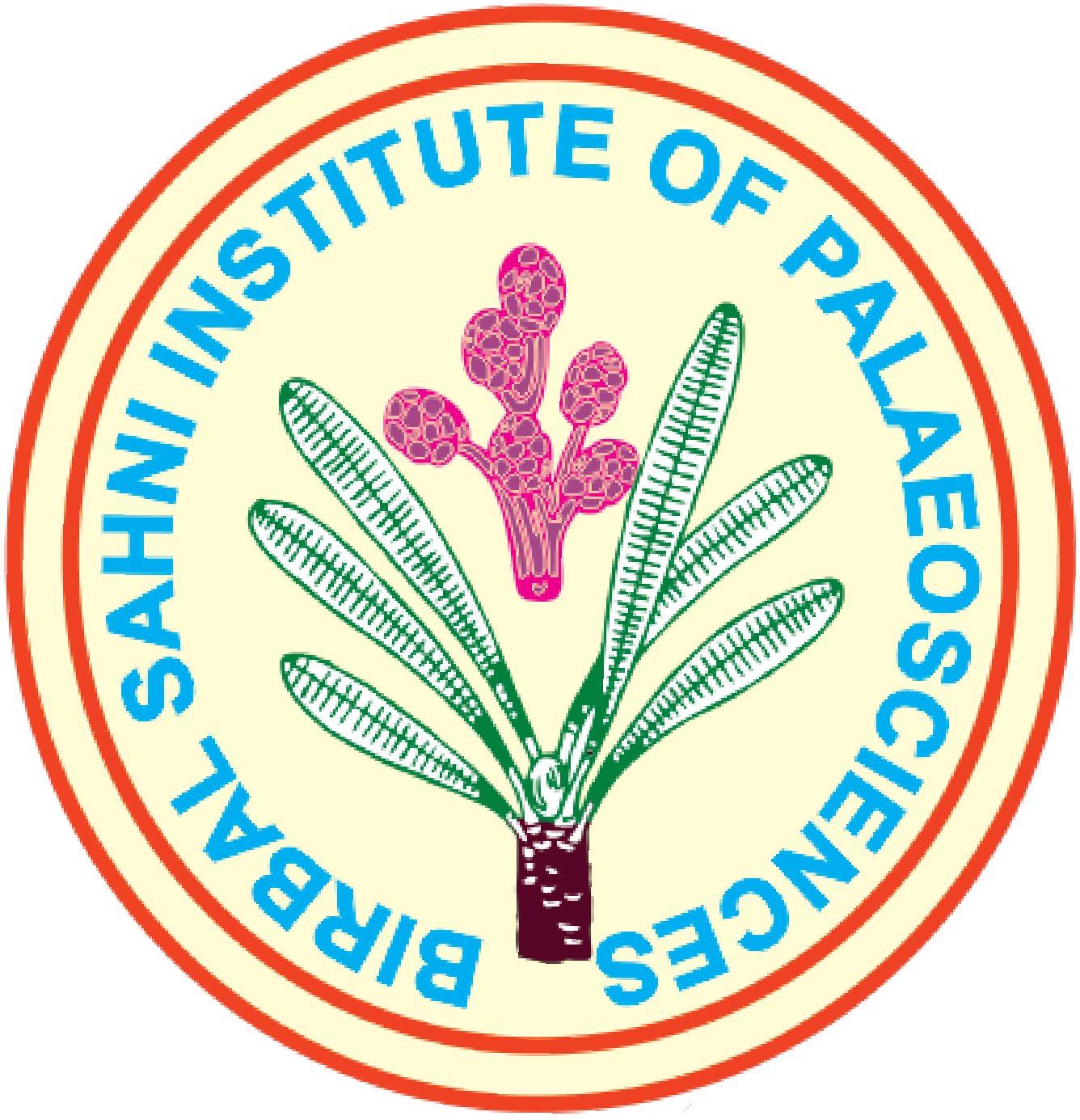On the occurrence on an imperfect fungus tetracoccosporium obtained from a fossil wood belonging to the Deccan intertrappean series, M.P., India
DOI:
https://doi.org/10.54991/jop.1972.1484Abstract
A well preserved septate mycelium having 4-celled conidia with short conidiophores belonging to an imperfect fungus was found in the vessels of a fossil dicot wood. The wood is being described separately. It was collected from Mohgaonkalan, District Chhindwara, M.P., India. Comparing its characters with those of living fungi, this fungus was found to belong to the genus Tetracoccosporium Szabo and is a new species. It has been named as Tetracoccosporium eocenum sp. nov.
Downloads
Metrics
References
Barnett HL 1960. Illustrated genera of Imperfect Fungi. Minn.: 1-225.
Bessey EA 1964. Morphology and Taxonomy of Fungi. New York & London.: 1-791.
Chitaley (Mrs.), SD 1951. Further report on the fossil microflora from the Mohgaonkalan beds of Madhya Pradesh India. Proc. 38th Ind. Sic. Cong. Bangalore. Pt. 3: 159.
Chitaley (Mrs.), SD 1957. Further report on the fossil microflora from the Mohgaonkalan beds of the Madhya Pradesh India. Proc. natn. Inst. Sci. India. 23: 69-79.
Clements RE & Shear CL 1954. The genera of fungi. New York.: 1-496.
Dwivedi JN 1959. Fossil thallophytes from Mohgaonkalan locality Chhindwara Dist. M.P. Curr. Sci. 28(7): 285-286.
Ghosh GR & Dutta BG 1962. Soil fungi from the Paddy field of Orissa. Proc. 49th Ind. Sci. Song. Pt. 3: 244.
Hughes SJ 1952. Notes on fungi from Gold Coast I. Mycol. Pap. 48: 1-91.
Jacob C & Jacob K 1950. Cuticles from the Tertiary lignites of Cuddalore S. Arcot, India. Proc. VII Int. bot. Congs. Stockholm.: 572.
Jain KP & Gupta RC 1969. Some fungal remains from the Tertiaries of Kerala Coast. The Palaeobotanist. 18(2): 177-182. https://doi.org/10.54991/jop.1969.832
Lakhanpal RN, Dayal R & Jain RK 1967. A Fossil Lagenidialean fungus from the Deccan Intertrappean Beds of Mohgaonkalan, Madhya Pradesh. Curr. Sci. 36(8): 210-211.
Mahabale TS 1968. On a fossil species of Diplodia from the Deccan Intertrappean Series M.P. India. The Palaeobotanist. 17(3): 295-297. https://doi.org/10.54991/jop.1968.806
Ramanujam CGK 1963. Thyriothecia of Asterineae from the South Arcot lignite, Madras. Curr. Sci. 32: 327-328.
Rao AR 1954. Fungal remains from some Tertiary Deposits of India. Proc. 41st Ind. Sci. Cong. Hyderabad (Deccan), Pt. 3: 165, 166.
Rao AR 1958. Fungal remains from some Tertiary deposits of India. The Palaeobotanist. 7(1): 43-46. https://doi.org/10.54991/jop.1958.565
Rao PR & Dev Rao 1964. Some allied Dematiaceae-Dictyosporae from India. Mycopathologia. 23(1): 23-28.
Saccardo PA 1906. Sylloge Fungorum. 18: 617.
Sahni B 1943. Indian silicified plants-2. Enigmocarpon Parijai Sahni, a silicified fruit from the Deccan with a review of the fossil history of Lythraceae. Proc. Ind. Acad. Sci. 17(3) B: 59-96.
Sahni B & Rao HS 1943. A silicified flora from the Deccan Intertrappean cherts round Sausar in the Deccan. Proc. natn. Acad. Sci. India. 13: 36-75.
Van Szabo Z 1905. Uber eine neue Hypomycete-Gattung. Hedwigia. 44: 76-77.
Venkatachala BS & Kar RK 1969. Palynology of the Laki sediments in Kutch-2. Epiphyllous fungal remains from the bore-hole No. 14. The Palaeobotanist. 18(2): 177-182. https://doi.org/10.54991/jop.1969.832
Downloads
Published
How to Cite
Issue
Section
License

This work is licensed under a Creative Commons Attribution-NonCommercial 4.0 International License.









